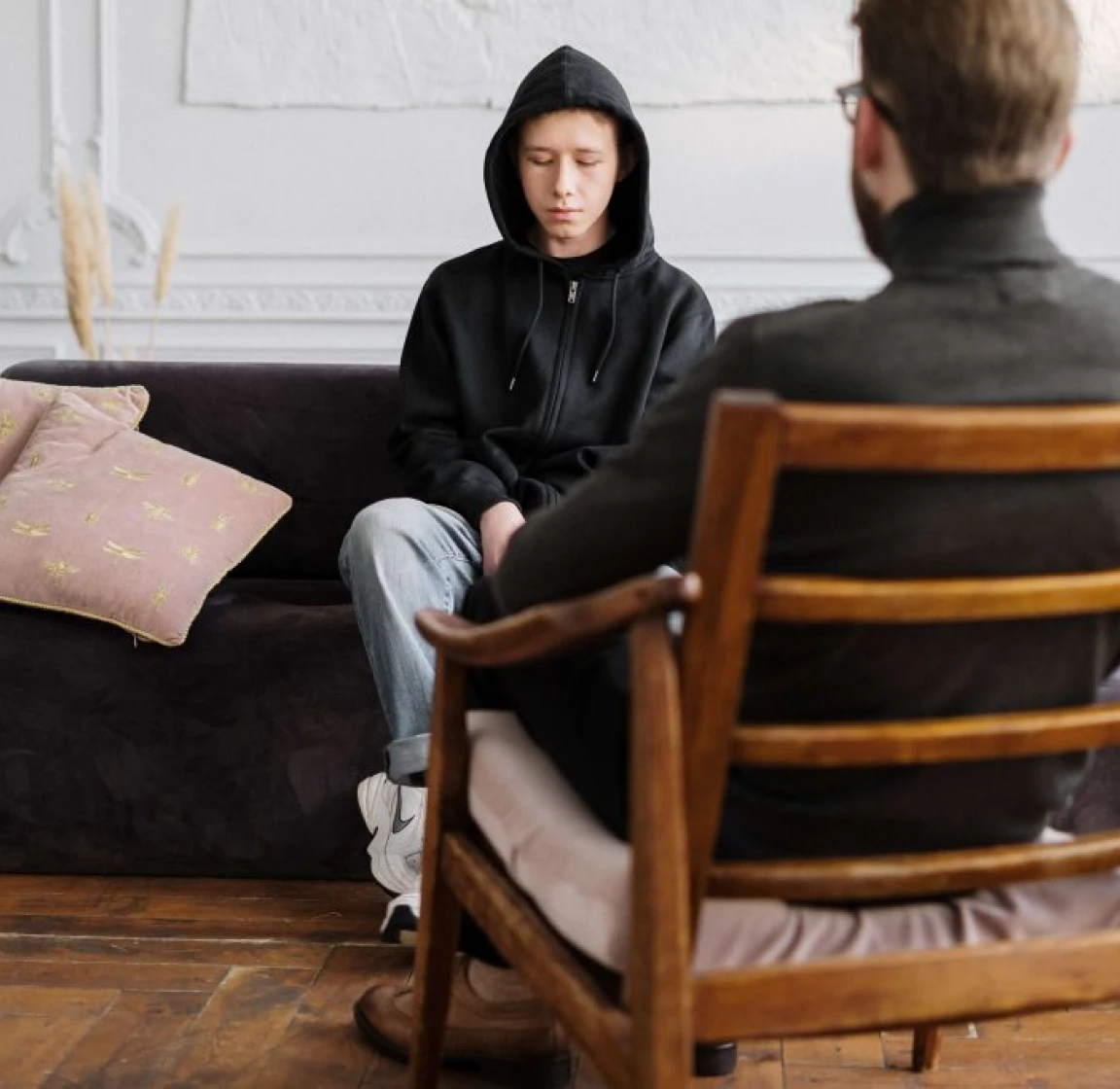Gambling addiction, also known as Gambling Disorder, is a condition marked by a persistent cycle of harmful gambling behaviours that persist even when they disrupt significant aspects of an individual’s life. This addiction often starts with initial and experimental gambling in teenage years or early adulthood and can evolve into a more serious gambling issue.
Gambling is the most common form of addictive behaviour in the United Kingdom. The National Council on Problem Gambling reports that the majority of pathological gamblers are male, with an average age of 40 years old. It is more common in men than women.


